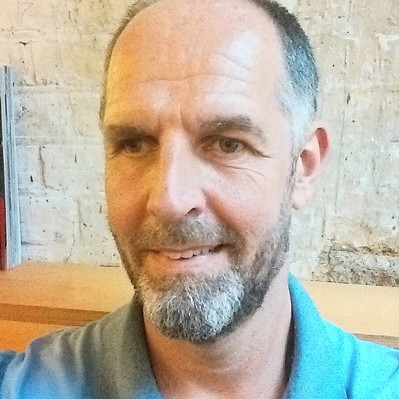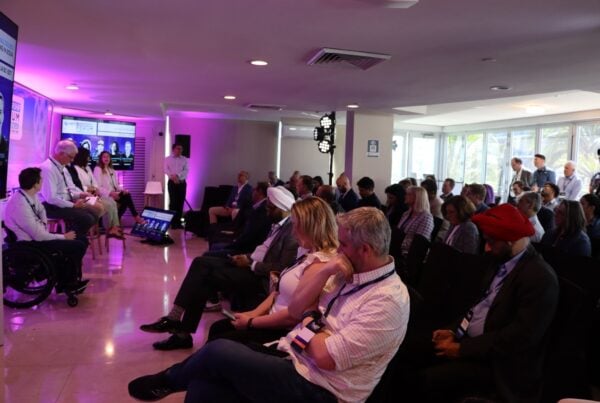The app economy is worth over a trillion dollars. Much of it goes to Google and Facebook. Is there an alternative? And how can consumers in developing markets acquire the data connections to ensure they engage with mobile content too? We convened a MEF Connects Digital webinar to find out.
Nearly 20 years MEF was created as a response to any entirely new phenomenon: mobile content. Though mobile telephony had existed since the mid 1980s, the idea of people consuming ‘value added services’ on their handsets was new.
The first products were ringtones and wallpapers. But from those small beginnings came chat, games, music, video and ultimately the app. The latter made anything and everything possible on mobile. Banking, shopping, dating. The list is endless.
Watch the MEF Connects Digital panel in full
Today, the app economy is worth over $1 trillion. But that is not to say that the evolution of the market is over.
Huge questions remain such as:
We believe there are huge opportunities for carriers in an app economy in which they have zero participation today. We can provide a set of services based around sponsored content access that can help them”
- How can consumers in developing markets fully engage with mobile content?
- Can MNOs re-claim some market share back from Google and Facebook?
- What is the state of mobile advertising?
- Why is advertising the dominant business model?
- Could content sponsorship provide an alternative – and a new brand opportunity?
- What is the future of user-generated content?
Last week, MEF hosted a MEF Connects Digital webinar session to discuss these issues. The two panellists were:
- Jack Rabah – Head of strategic partnerships, Middle East and Africa, Wikimedia Foundation
- Gary Greenbaum – CEO and co-founder of Syntonic
What’s ‘wrong’ with an ad-based mobile app economy?
Gary Greenbaum: “From a carrier perspective, something happened in 2016. Revenues from voice, data and text started to flatline and ARPU declined for first time in history.
“So in developed markets, data became a commodity and MNOs started competing on price. That is a death spiral and it’s not a good place to be.
“In parallel, there was this exponential growth in the app economy that was powered mostly by mobile commerce and mobile advertising. The two revenue lines crossed in 2016.
“That was trigger point for carriers to think about other ways to monetise. We believe there are huge opportunities for carriers in an app economy in which they have zero participation today. We can provide a set of services based around sponsored content access that can help them.”
How does a sponsored content model benefit brands?
Gary Greenbaum: “Brands dedicate a lot of marketing dollars to reaching consumers on mobile. These dollars are mostly going to Google and Facebook. But a lot of this mobile advertising is just targeting certain demographics and getting them to click and install. It’s not really about monetising customers.
“If you look at what we did with Reliance Digital, we created a sponsored access model for games companies. Playing was free for 30 mins. That meant the games companies were only paying for the users who were actually engaging, not just clicking and installing.
“Compared to pay per click, it’s actually 50 per cent more effective at moving people to monetisation.”
For many people in developing markets, the challenge is having any kind of data access. How does Wikimedia approach this?
Jack Rabah: “One way we work with operators in the Middle East and Africa is by piloting Wikipedia through text and USSD. We’re trying to address that large chunk of the audience with feature phones who are not connected yet. There’s some regulatory confusion around shortcodes in some regions, so it’s a long process.
We work with like-minded organisations with a similar vision of free knowledge for everyone. We create fan clubs at universities, and we have worked with GSMA on its MIST (Mobile Internet Skills Training) toolkit. That resulted in 250,000 trained customers in Rwanda.”

“We can also pre-load the wiki app, which has an offline feature so that people can save articles and read them later on. We’re talking to operators about that. This is really a question of reach – and in many countries operators are the organisations with the greatest reach”
What is the best way to find new readers and uploaders in these regions?
Jack Rabah: “The beauty of our world is the volunteer network behind the scenes. We can work with local people and media to build awareness. We’ve done video campaigns for example. The one we did in Iraq received 5.1m views.
“And we work with like-minded organisations with a similar vision of free knowledge for everyone. We create fan clubs at universities, and we have worked with GSMA on its MIST (Mobile Internet Skills Training) toolkit. That resulted in 250,000 trained customers in Rwanda.
What are the consequences for monetising content in a world of universal access and fast 5G?
Gary Greenbaum: “I think there will be plenty of runway before we reach that point. And anyway the question of how you monetise access will still matter. It will never be entirely free. I don’t see mobile ads going away.
“But there are new things we can do. We have a platform that can give contextual data around every byte. That means we can help carriers to execute policy around these bytes. That could lead to new models based on quality of service or diff tariffs associated with different bytes.
“These are the conversations we’re having. Something has to happen to get carriers out of this death spiral because there will always be a cost of access.”






